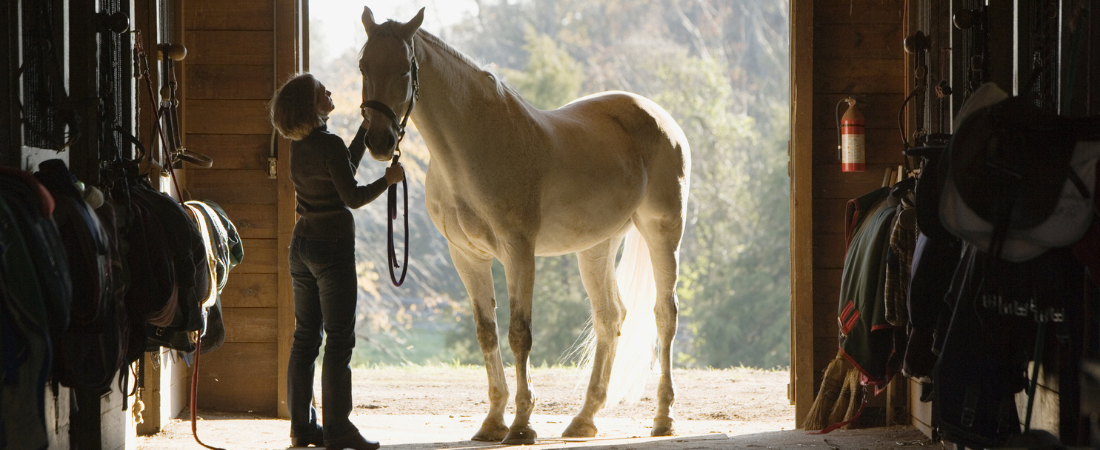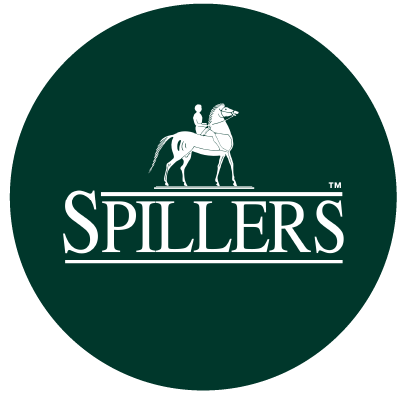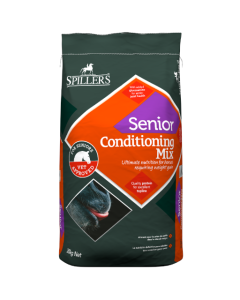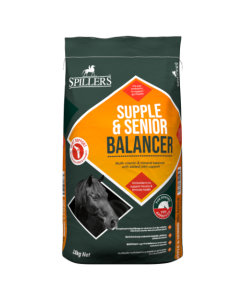We have a special place in our hearts for senior horses, Spillers have spent more than 20 years working on senior horse research as part of their dedication to enhancing their health and welfare.
Does ageing affect your horse’s ability to digest nutrients?
Spillers published a study back in 2014 which highlighted that in healthy horses, age ‘being senior’ did not affect energy, protein or NDF (fibre) digestibility regardless of the type of diet fed (hay only, hay plus a starch & sugar-based feed or hay plus a fibre & oil-based feed). A follow-up study showed that age had no effect of age on the digestibility of vitamins and minerals.
A closer look at gut bacteria
Trillions of microscopic microorganisms, including bacteria, viruses, and fungi, live in the horse's hindgut and are crucial for fibre intake and immune system regulation. Age-related declines in the variety of hindgut bacteria have been seen in healthy horses, which may render certain older horses more susceptible to dietary changes.
It's interesting to see that diversity was not reduced when this study was conducted on similarly aged horses. These results may indicate that ponies "mature later" than horses, albeit the causes for this are not yet fully understood.
What is insulin dysregulation?
Insulin dysregulation (which includes high basal insulin, exaggerated insulin response to consuming starch and/ or sugar and tissue insulin resistance) can be present in some horses with PPID and is associated with an increased risk of laminitis.
Read more: How to spot the early signs of Laminitis
However, two of our studies which investigated the relationship between age, diet and insulin dysregulation found that healthy veteran horses had an increased insulin response to a meal high in starch or sugar. This suggests that restricting starch and sugar intake may be beneficial for all senior horses and ponies, regardless of whether or not they have PPID or a history of laminitis.


Diet & PPID diagnosis
A blood test is carried out to determine the presence of the hormone adrenocorticotropic hormone, or "ACTH," in the body. Because various factors, such as the season and even ageing itself, can impact ACTH levels, diagnosis can be famously challenging. However, our research has demonstrated that a high-starch diet can also raise the level of ACTH in the blood, which may result in an erroneous PPID diagnosis.
The effects of travelling stress
It’s well known that long-distance transport increases stress and compromises immune function, but what about shorter journeys? Ageing can lead to low-grade inflammation and many senior horses that are still in work regularly travel short distances. A recent study in senior horses found that travelling for 1.5-2 hours in a trailer increased certain markers of stress and inflammation. More work is already underway to help us better understand the practical implications of this and to further investigate the possible benefits of targeted supplementation.
Read More: Taking care of your Veteran Horse
What is the solution?
As horses age they sometimes need a little more care; some maintain their weight well on forage alone requiring a balancer, others experience weight loss and require a conditioning feed, some struggle with their teeth requiring a mash, whilst others thrive on their normal feed.
This is why Spillers has designed a flexible range of veteran and senior-friendly feeds to ensure your senior horse is completely cared for, and for extra reassurance, Spillers range is the first to be veterinary approved.
















